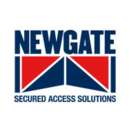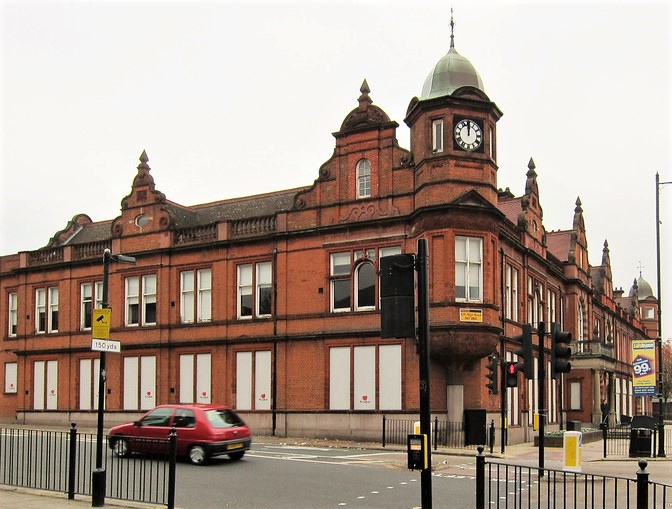Keeping premises safe during extreme times
Contents |
[edit] Introduction
During these times of risk and uncertainty, many businesses have been forced to close and move to a remote working, due to a concern for the health and wellbeing of staff and customers. This, however, can cause problems for business owners and stakeholders who may worry about the security risks of having an unoccupied premises.
This raises the question; how can you keep your commercial premises safe during the COVID-19 pandemic or other crises?
[edit] Key considerations
It is important to understand the potential weak points in business security before taking any additional action to protect commercial premises from potential risks such as crime or vandalism.
It is therefore recommended that, if possible, security checks are made and vulnerable areas are identified. This may include aspects such as:
- Checking perimeter security.
- Ensuring all alarms are active and functional.
- Checking locks on doors and windows.
It is important to remember that the level of security required will depend not only on the current measures being taken, but also the business itself including the industry, the size of the business and whether there are valuable items that remain in the premises whilst it is inaccessible. It is also beneficial to ensure that any electrical items are unplugged and that all waste is disposed of correctly. This helps reduce the risk and spread of fire.
[edit] Keeping the premises safe
There are number of security measures available that will help ensure that the premises remain protected.
The most obvious form of security is the traditional alarm system. Whilst many businesses will have these in place already, they can be invaluable when it comes to protecting against threats. They can also act as a visual deterrent to would be criminals, which is often sufficient for smaller businesses.
CCTV provides the additional benefit of being monitored remotely. This allows business owners to ensure that their premises are safe by making regular checks throughout the day which can help provide peace of mind.
Whilst these measures can be effective and are often enough to deter unauthorised visitors, some businesses, especially those who own larger amounts of land, can benefit from access control security. Security elements such as security gates and fences act a physical barrier and provide the strongest visual deterrent to a criminal.
It is recommended that most businesses have some form of access control security and perhaps a combination of multiple security systems to ensure that their business remains secure.
[edit] Returning to work
As people return to work, some businesses may be unprepared, creating a lack of confidence in employees who worry about adequate health and safety measures.
Some security options can help to reduce the risk for employees by reducing the need to manually operate or touch any access control measures in place. This also can continue to control the spread of germs, bacteria and of course, Coronavirus. Obviously anyone returning to work with the illness or even symptoms should stay at home but there can never be enough ‘just in case’ measures.
--Newgate
[edit] Related articles on Designing Buildings Wiki
Featured articles and news
Building Safety recap January, 2026
What we missed at the end of last year, and at the start of this...
National Apprenticeship Week 2026, 9-15 Feb
Shining a light on the positive impacts for businesses, their apprentices and the wider economy alike.
Applications and benefits of acoustic flooring
From commercial to retail.
From solid to sprung and ribbed to raised.
Strengthening industry collaboration in Hong Kong
Hong Kong Institute of Construction and The Chartered Institute of Building sign Memorandum of Understanding.
A detailed description fron the experts at Cornish Lime.
IHBC planning for growth with corporate plan development
Grow with the Institute by volunteering and CP25 consultation.
Connecting ambition and action for designers and specifiers.
Electrical skills gap deepens as apprenticeship starts fall despite surging demand says ECA.
Built environment bodies deepen joint action on EDI
B.E.Inclusive initiative agree next phase of joint equity, diversity and inclusion (EDI) action plan.
Recognising culture as key to sustainable economic growth
Creative UK Provocation paper: Culture as Growth Infrastructure.
Futurebuild and UK Construction Week London Unite
Creating the UK’s Built Environment Super Event and over 25 other key partnerships.
Welsh and Scottish 2026 elections
Manifestos for the built environment for upcoming same May day elections.
Advancing BIM education with a competency framework
“We don’t need people who can just draw in 3D. We need people who can think in data.”
Guidance notes to prepare for April ERA changes
From the Electrical Contractors' Association Employee Relations team.
Significant changes to be seen from the new ERA in 2026 and 2027, starting on 6 April 2026.
First aid in the modern workplace with St John Ambulance.
Solar panels, pitched roofs and risk of fire spread
60% increase in solar panel fires prompts tests and installation warnings.
Modernising heat networks with Heat interface unit
Why HIUs hold the key to efficiency upgrades.


























